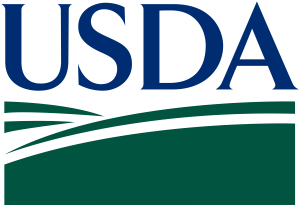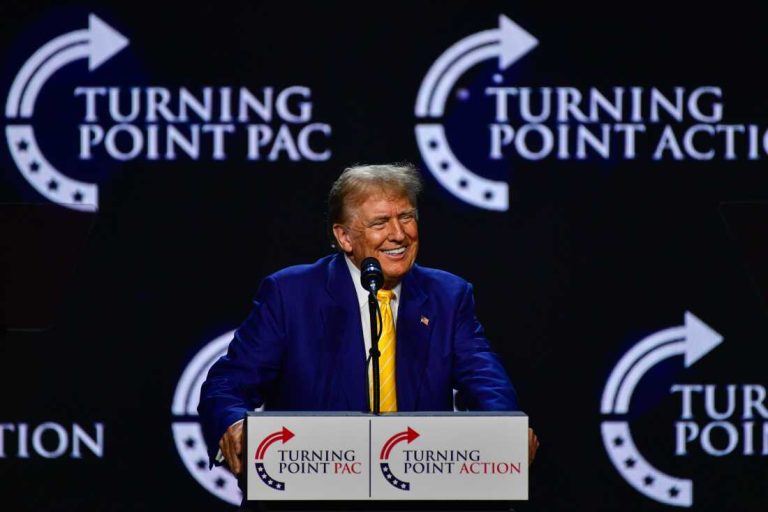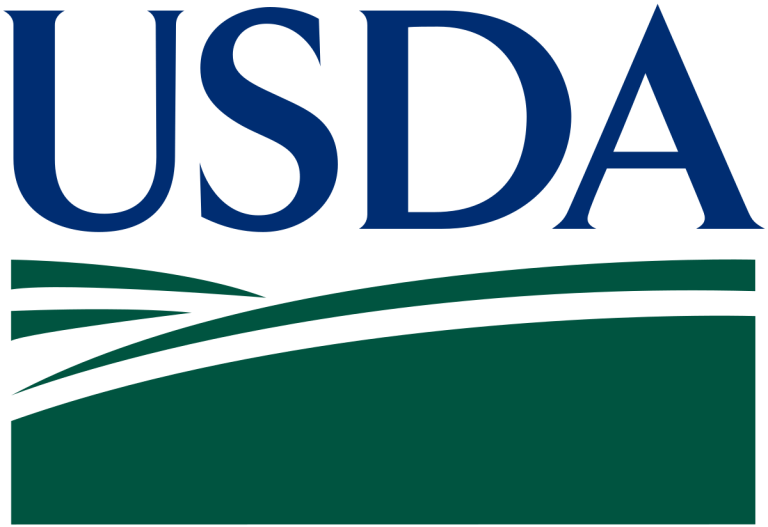PBS and NPR Tied to Soros-Backed Fact-Checkers Through Taxpayer CPB Funding
A recent investigation by NewsBusters reporter Joe Vazquez has uncovered troubling financial ties between taxpayer-funded public broadcasting entities and partisan fact-checking organizations linked to liberal billionaire George Soros.
According to the report, the Corporation for Public Broadcasting (CPB), a federally funded nonprofit responsible for distributing congressional appropriations to public media outlets, awarded nearly $600,000 in 2023 to the Poynter Institute for Media Studies. Poynter is widely known for operating the International Fact-Checking Network (IFCN), which collaborates with major Big Tech platforms like Facebook to moderate content and label material as misinformation or disinformation.
This funding arrangement has sparked concern among free speech advocates and critics of media bias who warn that government funds are indirectly underwriting partisan content moderation efforts that disproportionately target conservative viewpoints.
What Is the CPB?
The CPB was established by Congress in 1967 to support public broadcasting in the United States, including NPR and PBS. While it operates as a nonprofit, its entire budget is derived from taxpayer money allocated by Congress.
In 2023 alone, the CPB distributed $599,330 to the Poynter Institute, which oversees the IFCN. The IFCN partners with platforms to identify and reduce the spread of what they classify as false or misleading information — focusing on hot-button issues such as COVID-19 policies, election integrity, and abortion laws.
Funding and Partisan Connections
The Poynter Institute’s fact-checking network is backed by donations from several left-leaning foundations, including George Soros’ Open Society Foundations, the Ford Foundation, the Tides Foundation, the Knight Foundation, and eBay co-founder Pierre Omidyar.
This financial backing has raised alarms among critics who argue that taxpayer money is being funneled into politically motivated censorship networks. These networks have repeatedly been accused of labeling conservative opinions as misinformation while exhibiting leniency toward liberal narratives.
One of Poynter’s most notable subsidiaries is PolitiFact, a widely cited fact-checking outlet that partners with PBS NewsHour. However, according to Vazquez’s investigation, PolitiFact has never fact-checked claims made by PBS or NPR personnel themselves — fueling allegations of editorial bias and conflict of interest.
Selective Fact-Checking and Bias
In his book Fact-Checking the Fact-Checkers, Vazquez documents how the financial connections between Poynter and Soros-linked donors may influence editorial decisions, particularly concerning coverage of Soros himself.
For instance, during the 2020 civil unrest in Minneapolis, commentator Candace Owens claimed that Soros was “funding the chaos” through his Open Society Foundations. PolitiFact’s Emily Venezky rated this claim as “False,” despite acknowledging Soros had donated $33 million to groups involved in activism related to Ferguson and aligned with Black Lives Matter messaging.
PolitiFact’s rationale centered on the fact that the funding was not explicitly earmarked for protest organizations — a technicality critics say obscures the real impact of these grants on activism and unrest.
Another PolitiFact writer, Yacob Reyes, similarly rated a related Owens claim as false because the funds did not go to organizations officially labeled “Black Lives Matter,” despite shared goals and rhetoric.
These editorial choices have intensified calls for transparency and greater accountability in how fact-checkers operate, especially those supported by politically connected donors and public funds.
Declining Influence and Platform Changes
Notably, the International Fact-Checking Network’s influence has waned in recent years. Twitter (now X) ceased using third-party fact-checkers after Elon Musk’s acquisition. Meta’s Facebook and Instagram have also scaled back such partnerships amid rising criticism over ideological bias and censorship.
The CPB has yet to publicly address its funding relationship with the Poynter Institute. However, as scrutiny grows, lawmakers and watchdog groups are expected to press for clearer oversight of taxpayer dollars flowing into media entities with partisan ties.
What’s Next?
This revelation shines a spotlight on the complex intersection of government funding, media bias, and free speech in America. With public trust in media eroding and concerns over censorship mounting, the question remains: should taxpayer money support organizations with clear political affiliations that influence national discourse?
As the debate heats up, public broadcasters like PBS and NPR face increasing pressure to justify their funding and ensure they remain impartial voices in American media.
https://www.youtube.com/watch?v=Ko0DK8qGc3g&t=30s

Emily Johnson is a critically acclaimed essayist and novelist known for her thought-provoking works centered on feminism, women’s rights, and modern relationships. Born and raised in Portland, Oregon, Emily grew up with a deep love of books, often spending her afternoons at her local library. She went on to study literature and gender studies at UCLA, where she became deeply involved in activism and began publishing essays in campus journals. Her debut essay collection, Voices Unbound, struck a chord with readers nationwide for its fearless exploration of gender dynamics, identity, and the challenges faced by women in contemporary society. Emily later transitioned into fiction, writing novels that balance compelling storytelling with social commentary. Her protagonists are often strong, multidimensional women navigating love, ambition, and the struggles of everyday life, making her a favorite among readers who crave authentic, relatable narratives. Critics praise her ability to merge personal intimacy with universal themes. Off the page, Emily is an advocate for women in publishing, leading workshops that encourage young female writers to embrace their voices. She lives in Seattle with her partner and two rescue cats, where she continues to write, teach, and inspire a new generation of storytellers.









